
The idea of dispensations offers a framework for comprehending how God has interacted with people historically. Every dispensation denotes a unique time frame in which God engages with humans in a particular way, frequently with associated obligations and expectations. I have written on the dispensation of Innocence and Conscience. In this article, I will be expounding the dispensation of Human Government.
One of the important dispensations outlined in the Bible is the Dispensation of Human Government. This era provides important insights into the nature of mankind and its connection with the divine, as evidenced by God’s foundation of human rule and the difficulties that followed.
The Dispensation of Human Government is commonly believed to have commenced after the global cataclysm of the Great Flood, as described in the book of Genesis. Following the Flood, which wiped out all living creatures save those on Noah’s ark, God made a covenant with humanity, symbolized by the rainbow, promising never again to destroy the earth in such a manner. Central to this covenant was the establishment of human government as a means of maintaining order and justice in the postdiluvian world.
8 Then God said to Noah and to his sons with him:
9 “I now establish my covenant with you and with your descendants after you 10 and with every living creature that was with you—the birds, the livestock and all the wild animals, all those that came out of the ark with you—every living creature on earth.
11 I establish my covenant with you: Never again will all life be destroyed by the waters of a flood; never again will there be a flood to destroy the earth.”
12 And God said, “This is the sign of the covenant I am making between me and you and every living creature with you, a covenant for all generations to come:
13 I have set my rainbow in the clouds, and it will be the sign of the covenant between me and the earth.
14 Whenever I bring clouds over the earth and the rainbow appears in the clouds, 15 I will remember my covenant between me and you and all living creatures of every kind. Never again will the waters become a flood to destroy all life. 16 Whenever the rainbow appears in the clouds, I will see it and remember the everlasting covenant between God and all living creatures of every kind on the earth.”
17 So God said to Noah, “This is the sign of the covenant I have established between me and all life on the earth.”
During this dispensation, God vested authority in human institutions to govern society and maintain moral order. Unlike the previous dispensation, characterized by familial relationships and personal accountability, the Dispensation of Human Government introduced the concept of collective responsibility and societal governance. God delegated authority to human rulers to enact justice, administer laws, and ensure the well-being of their communities.

Also Read: THE 7 DISPENSATIONS OF CREATION – THE AGE OF CONSCIENCE
However, despite the divine mandate for human governance, the Bible acknowledges the inherent limitations and imperfections of human rulership. Throughout Scripture, various rulers and governing authorities are depicted as fallible and prone to corruption, leading to social injustice. From the reign of Pharaoh in ancient Egypt to the regimes of Babylon and Rome attests to the failures of human government to uphold God’s standards of righteousness.
The tendency of human beings to rebel and disobey divine authority is a defining characteristic of the Dispensation of Human Government. A powerful example of this is the story of the Tower of Babel. [Genesis 11:1–9] describes how humanity, driven by a common yearning for autonomy and self-aggrandizement, attempts to disobey God’s command to spread forth and fill the land by building a tower that reaches the skies. God scatters them around the world and shatters their collective endeavour in reaction to their pride by confusing their language.
“The Lord said, ‘If as one people speaking the same language they have begun to do this, then nothing they plan to do will be impossible for them.”
Genesis 11:6
The Tower of Babel story explains humanity’s inclination toward pride and self-reliance, leading to the breakdown of social unity and the proliferation of discord. It serves as a cautionary tale about the dangers of unchecked human ambition and the consequences of forsaking God’s guidance in the pursuit of worldly glory.
Moreover, throughout biblical history, human governments often succumbed to corruption, oppression, and injustice, perpetuating systems of inequality and exploitation. The prophets of the Old Testament frequently denounced rulers who exploited their power for personal gain while neglecting the welfare of the diminished and oppressed.

“Woe to those who make unjust laws, to those who issue oppressive decrees, to deprive the poor of their rights and withhold justice from the oppressed of my people, making widows their prey and robbing the fatherless.“
Isaiah 10:1-2
The recognition of God’s sovereignty over human affairs serves as a corrective to the pride of humanism and the idolatry of power. As believers, we are called to submit to the authority of earthly rulers while remaining vigilant against injustice and oppression. Our ultimate allegiance is not to any earthly regime but to the kingdom of God, where justice and righteousness reign supreme.
“He has shown you, O mortal, what is good. And what does the Lord require of you? To act justly and to love mercy and to walk humbly with your God.”
Micah 6:8
The Dispensation of Human Government reminds us of the imperative to advocate for the marginalized and vulnerable members of society. As stewards of God’s creation, we are called to embody the principles of compassion, equity, and solidarity in our interactions with others. This entails challenging systems of oppression and working towards the establishment of a more just and equitable society.

“Defend the weak and the fatherless; uphold the cause of the poor and the oppressed. Rescue the weak and the needy; deliver them from the hand of the wicked.”
Psalm 82:3-4
In summary, the Dispensation of Human Government represents an important phase in biblical history, marked by God’s establishment of human governance as a means of preserving order and justice in a fallen world. Despite humanity’s recurrent failures and shortcomings, God’s sovereign purposes continue to unfold through the flow of human history.



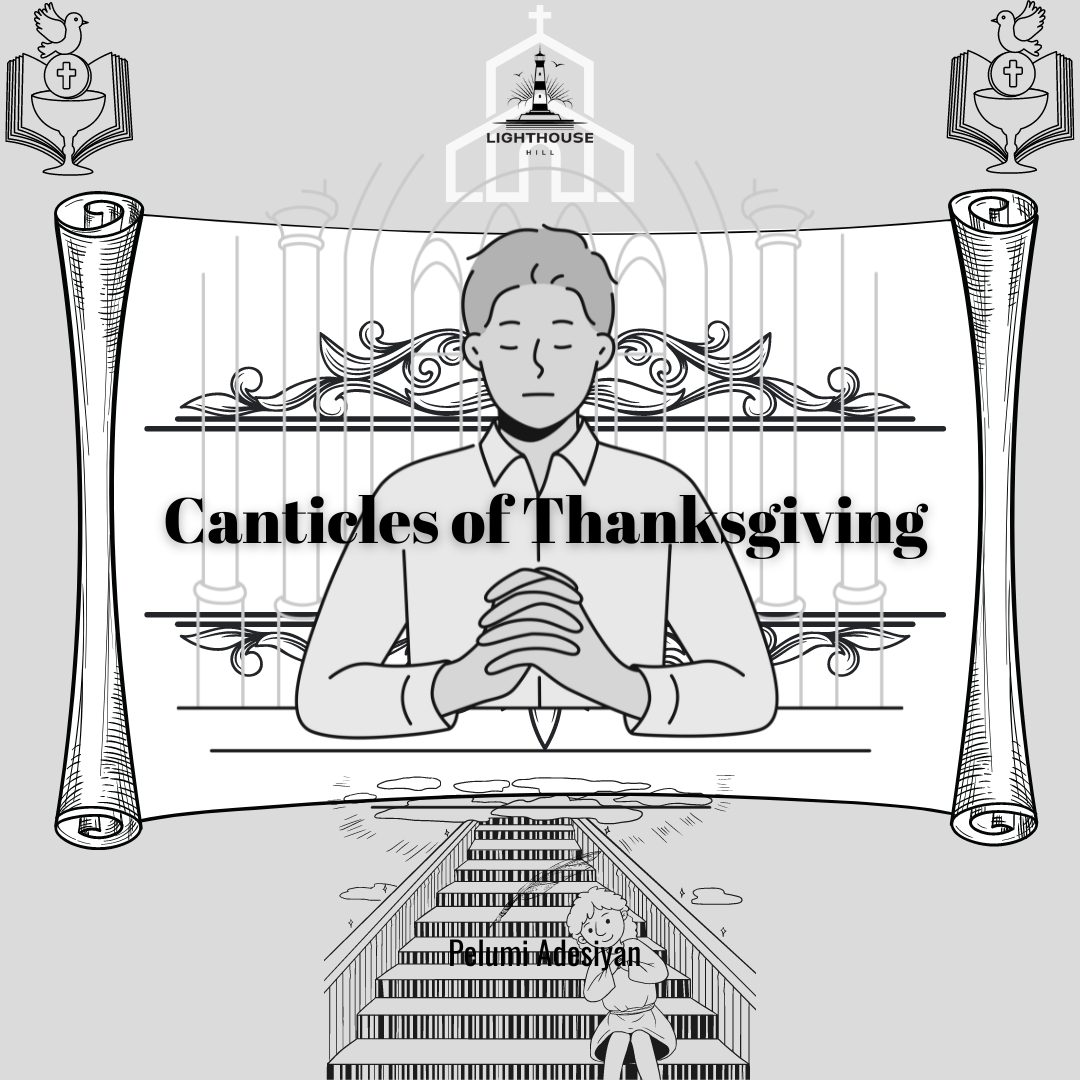
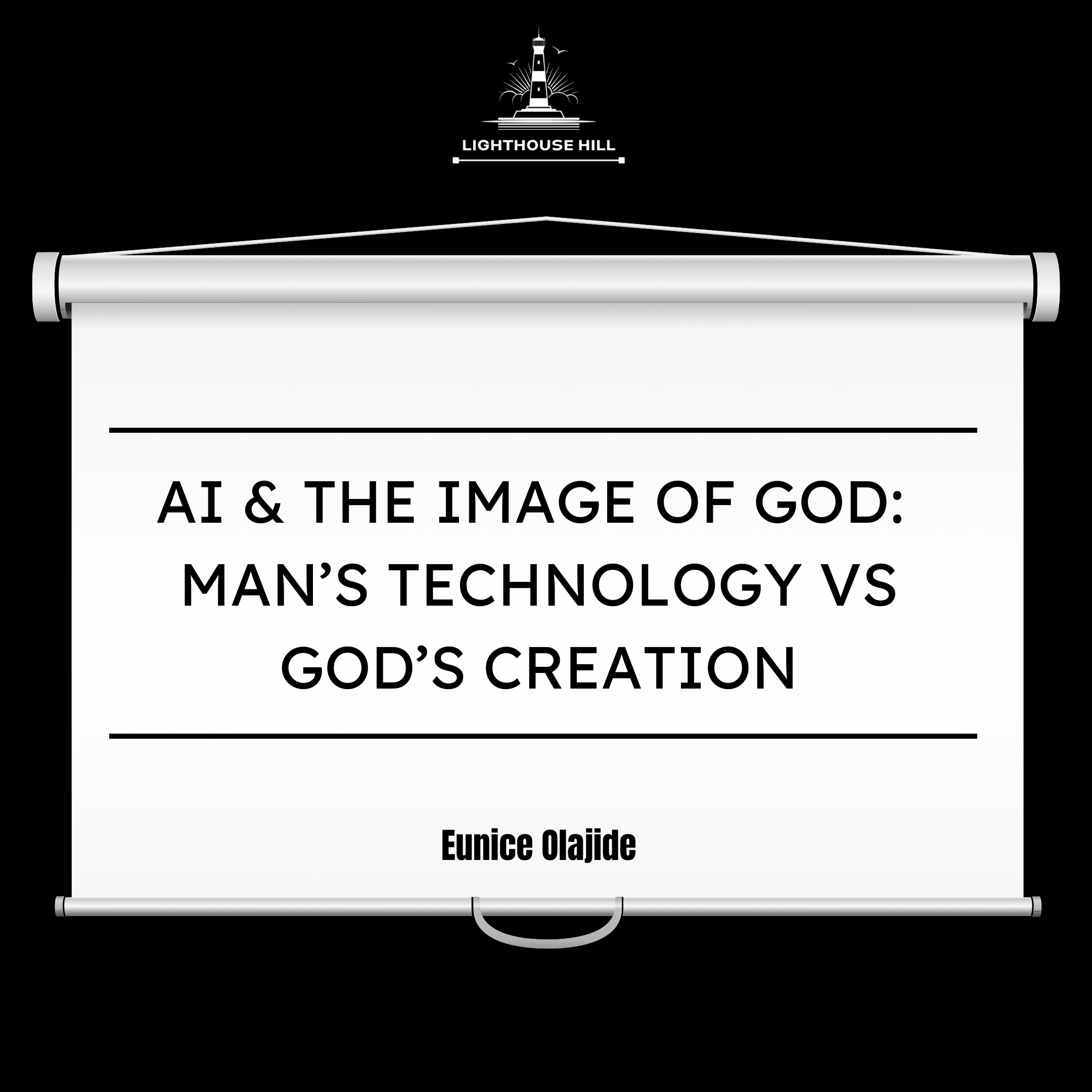

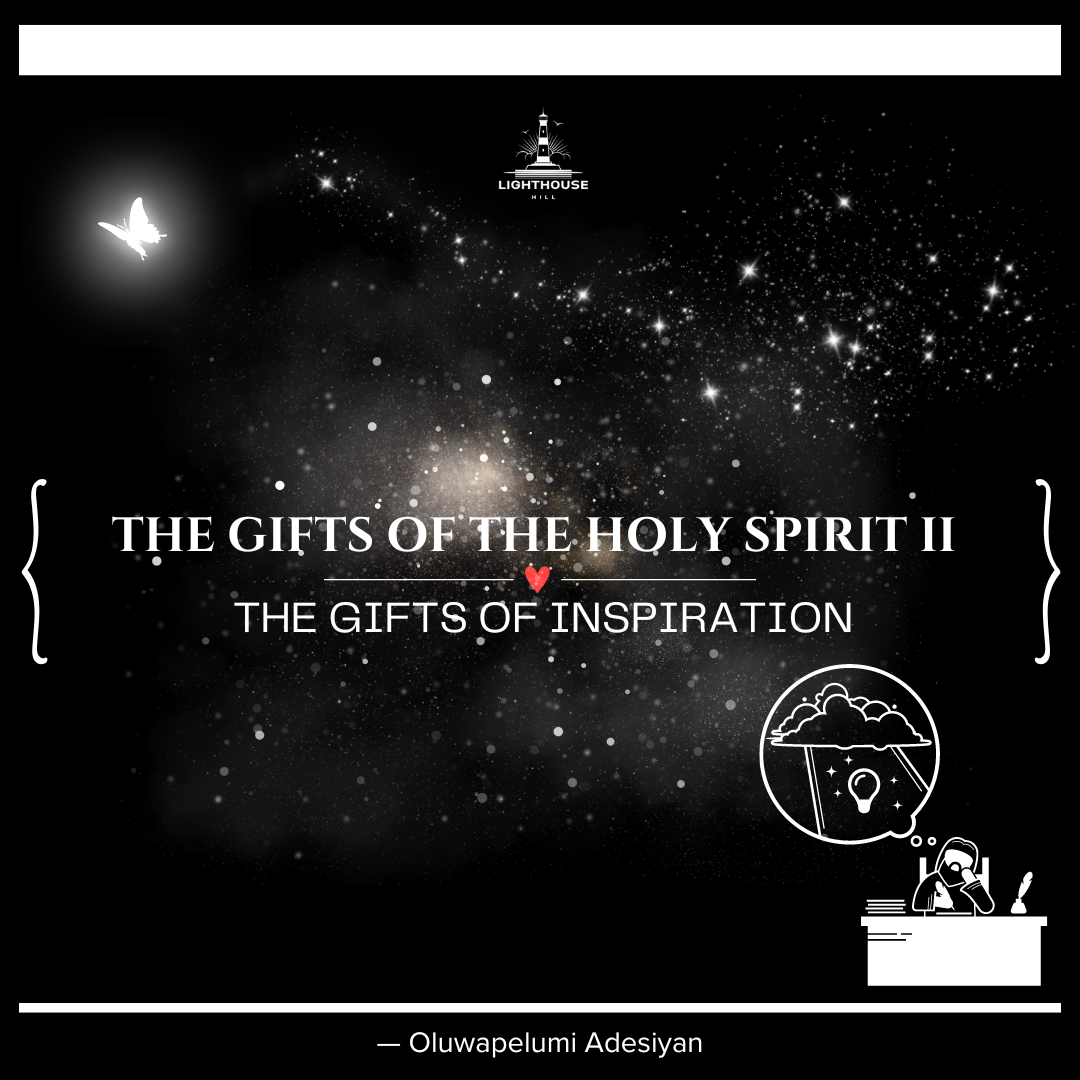
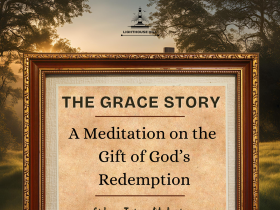




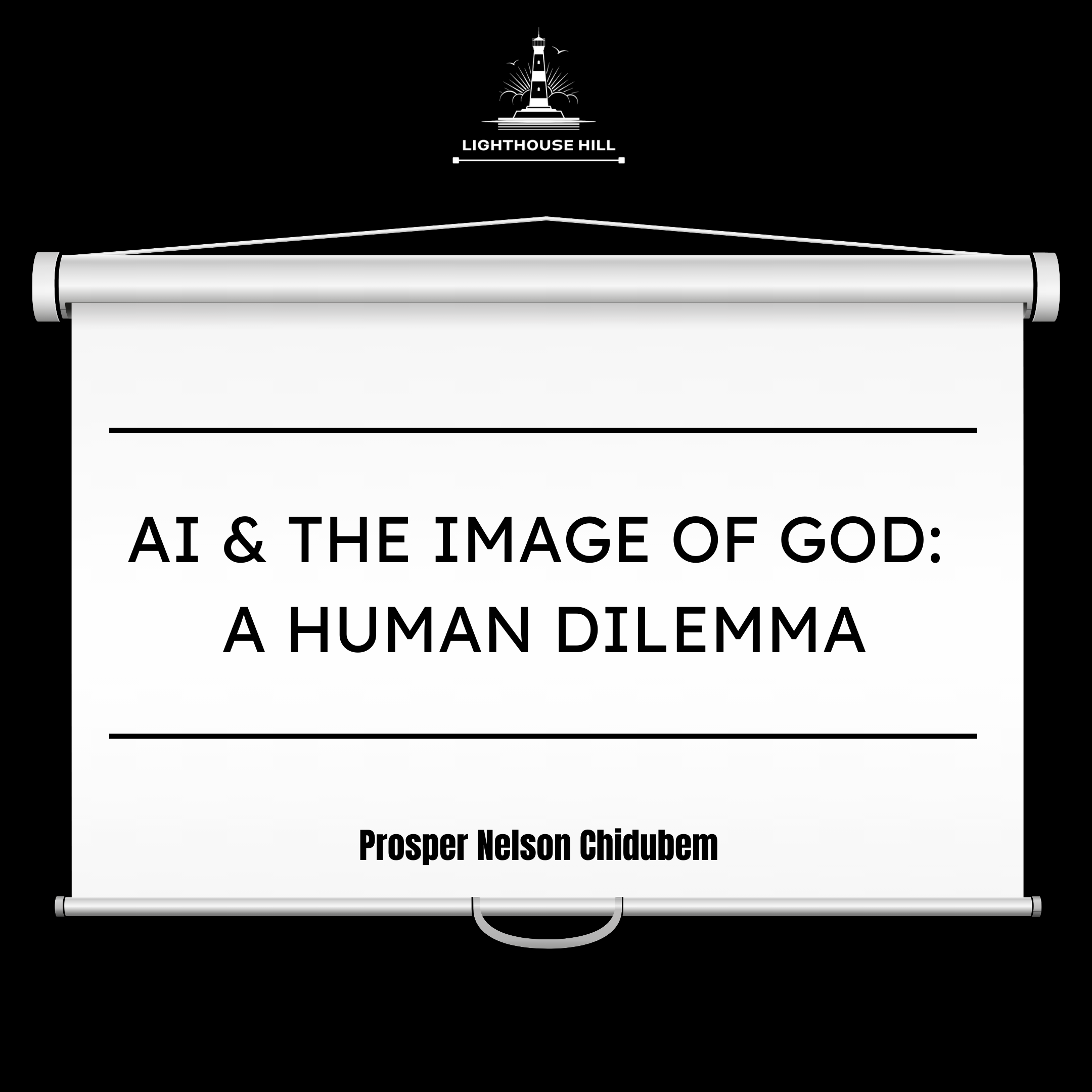
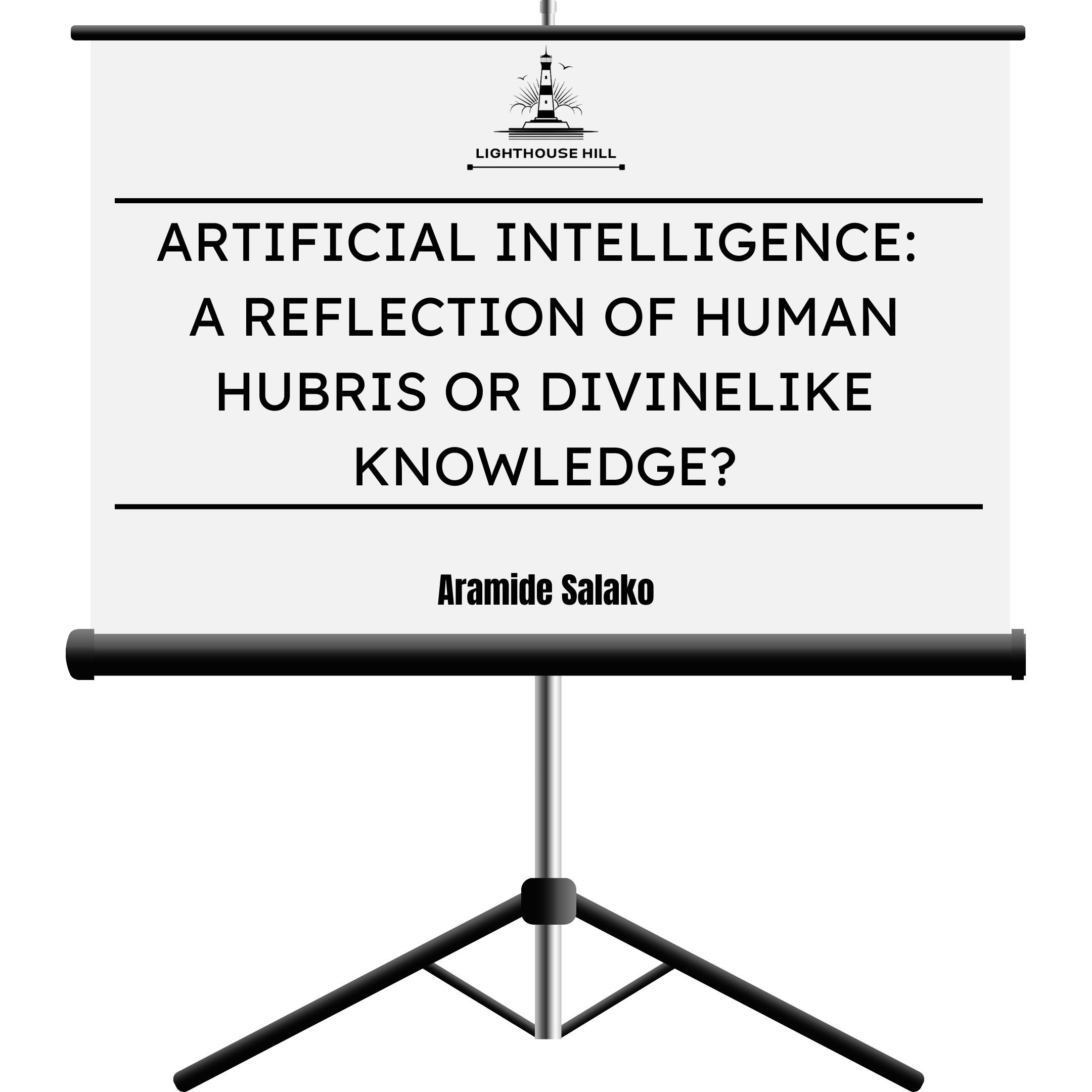
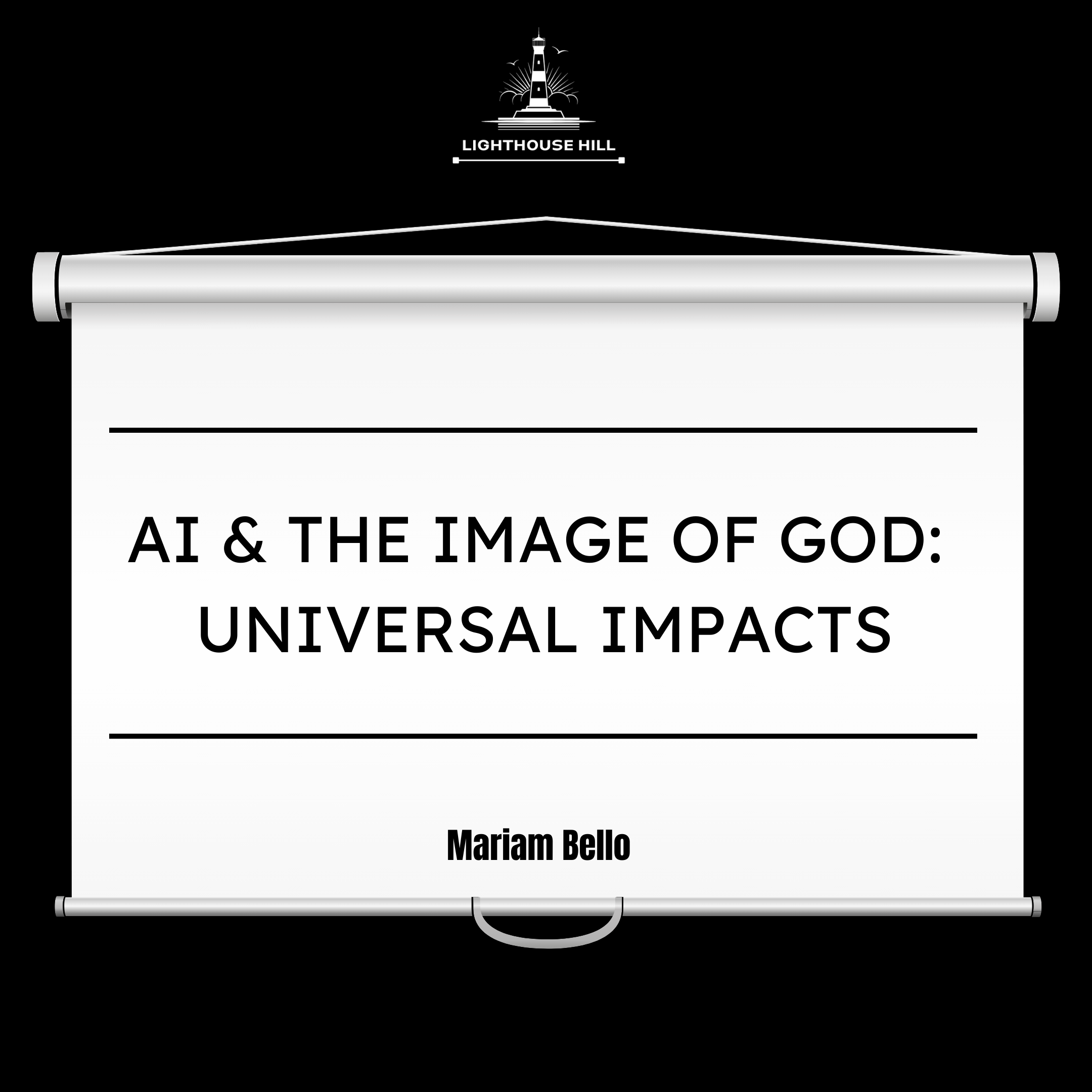

🤌♥️🔥